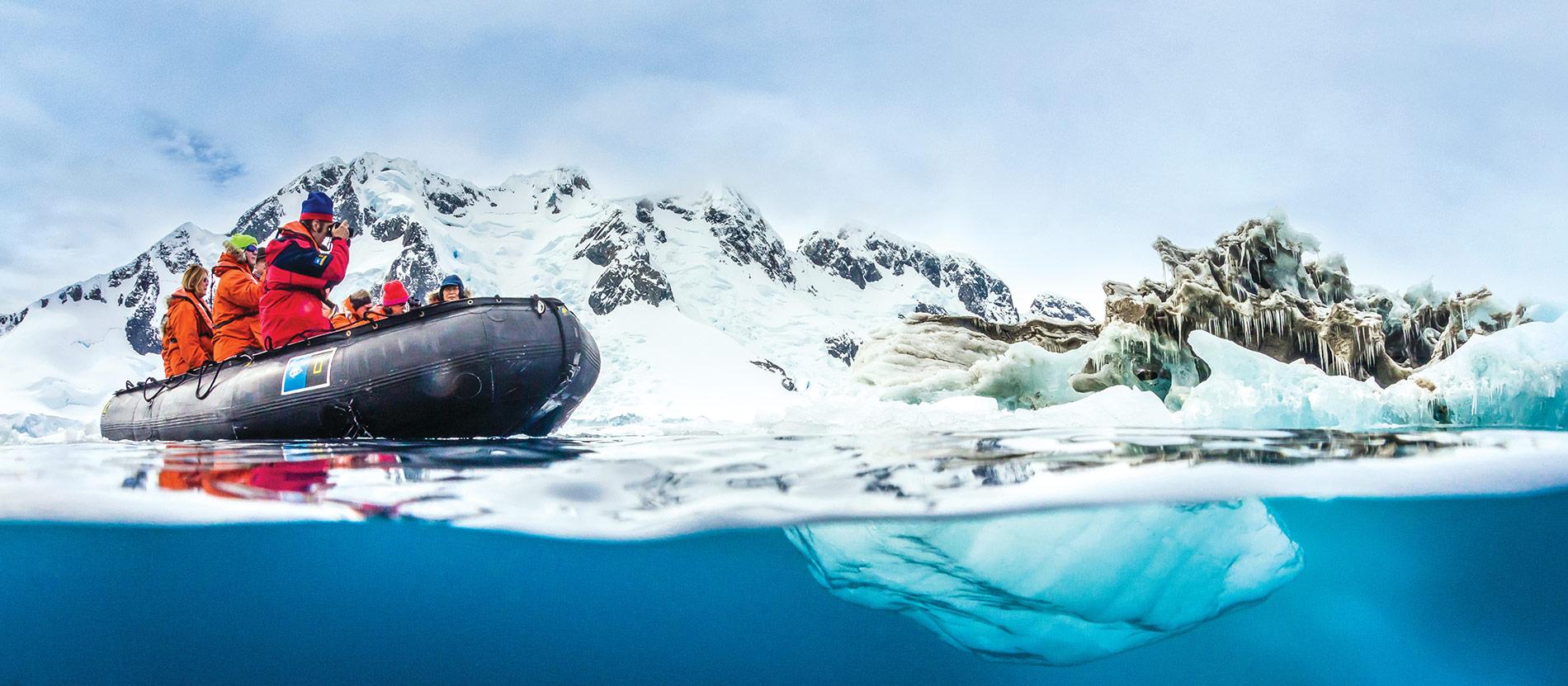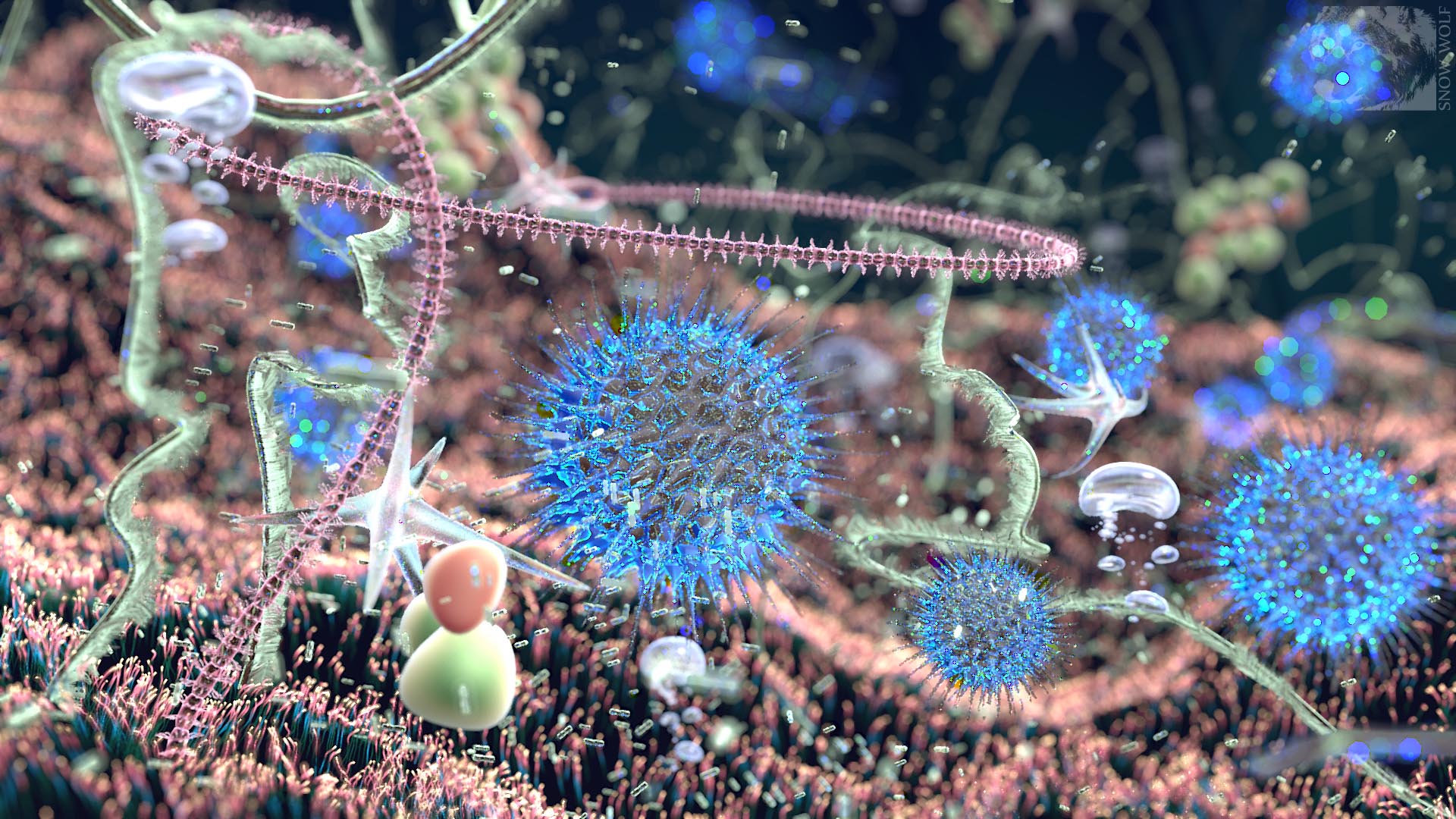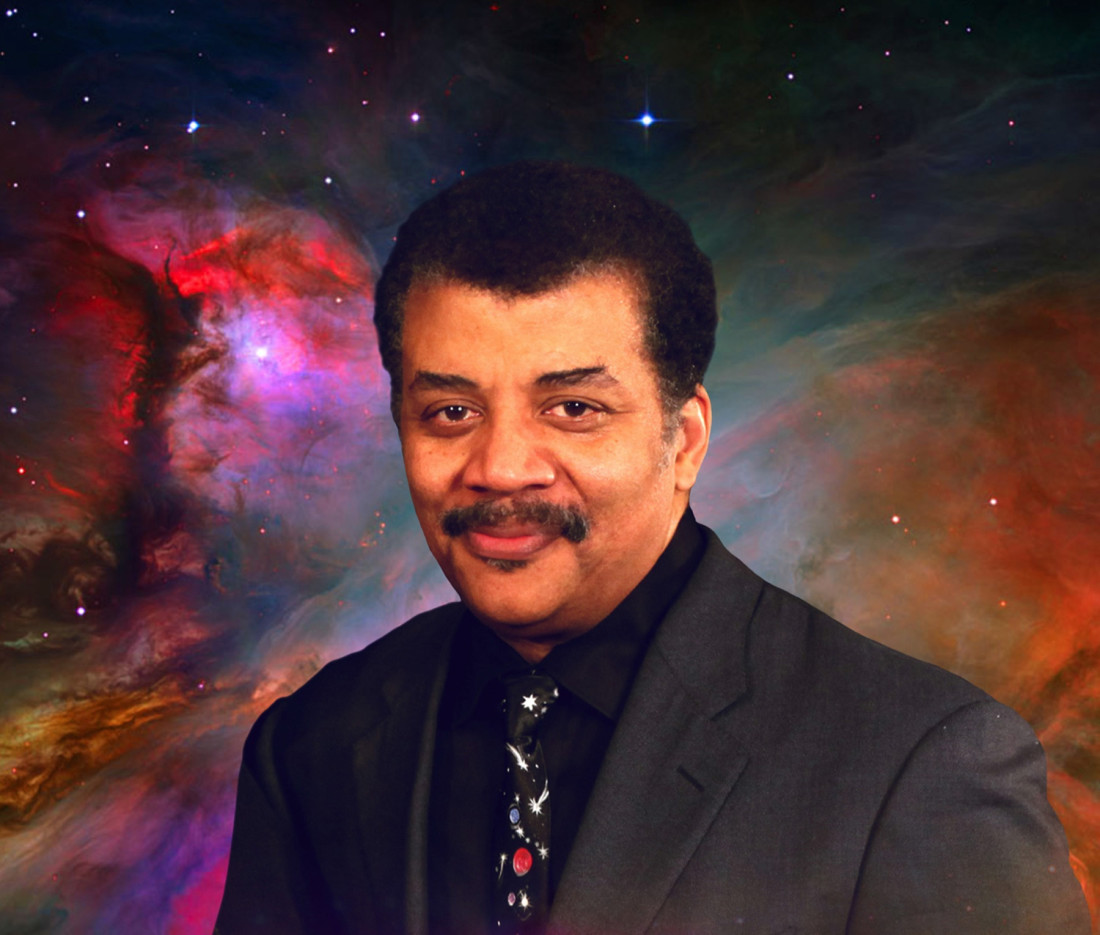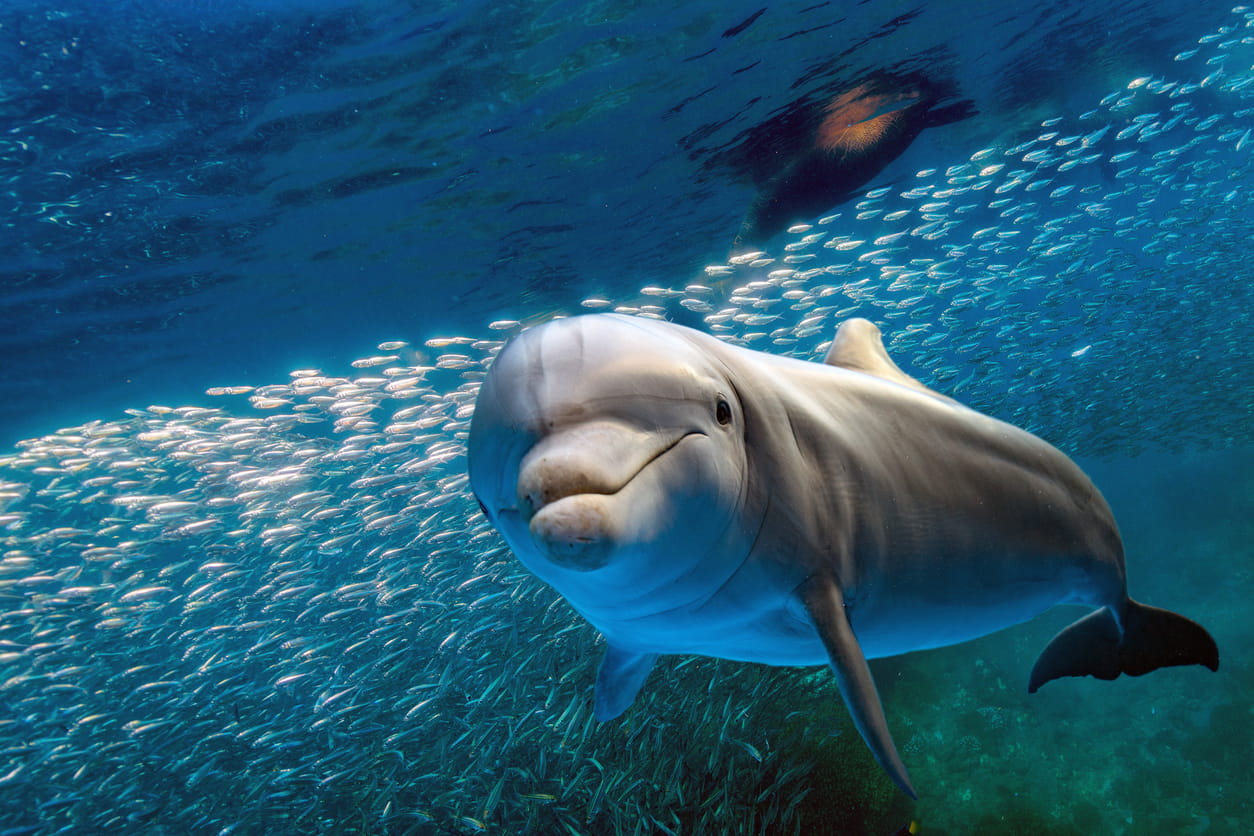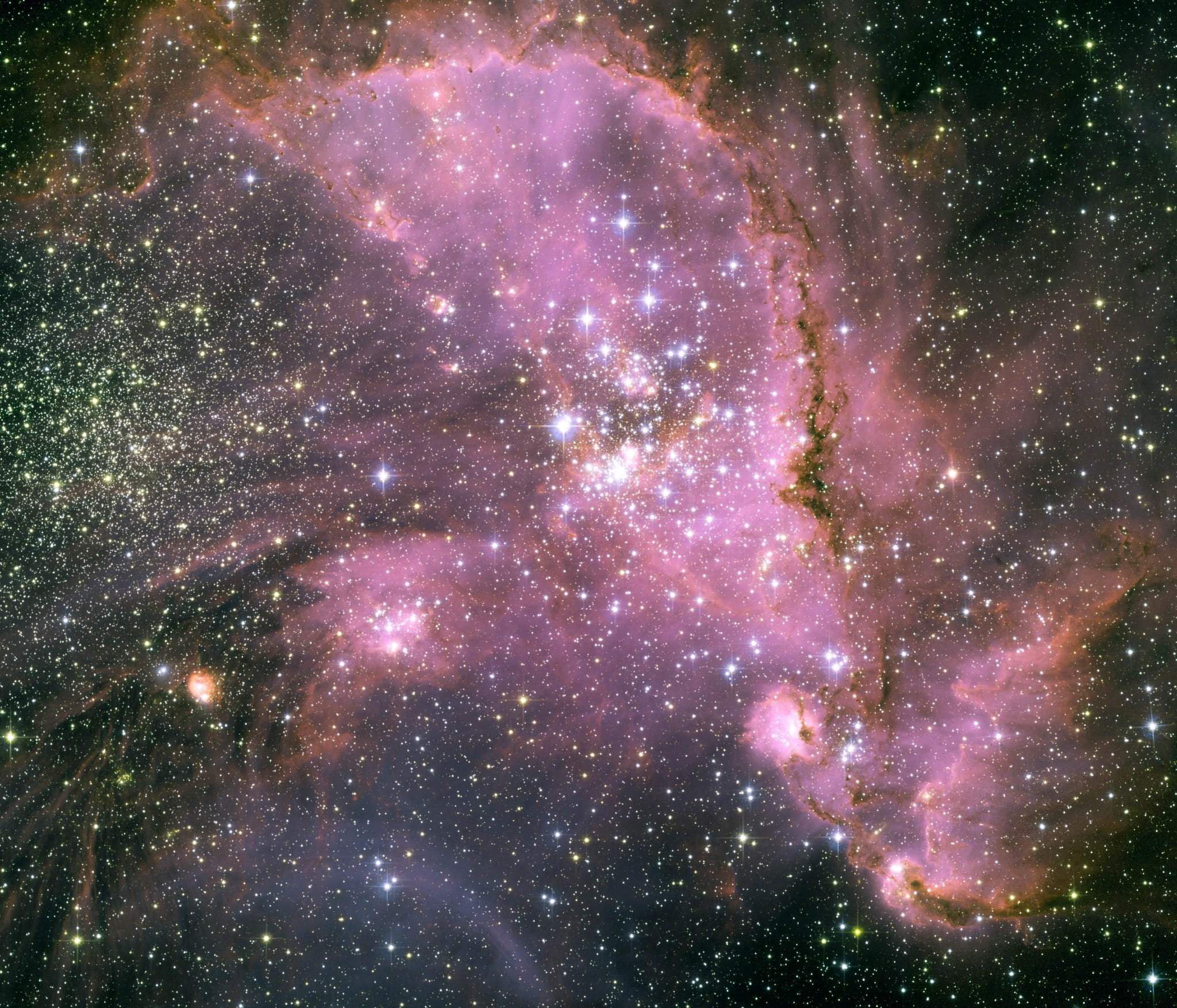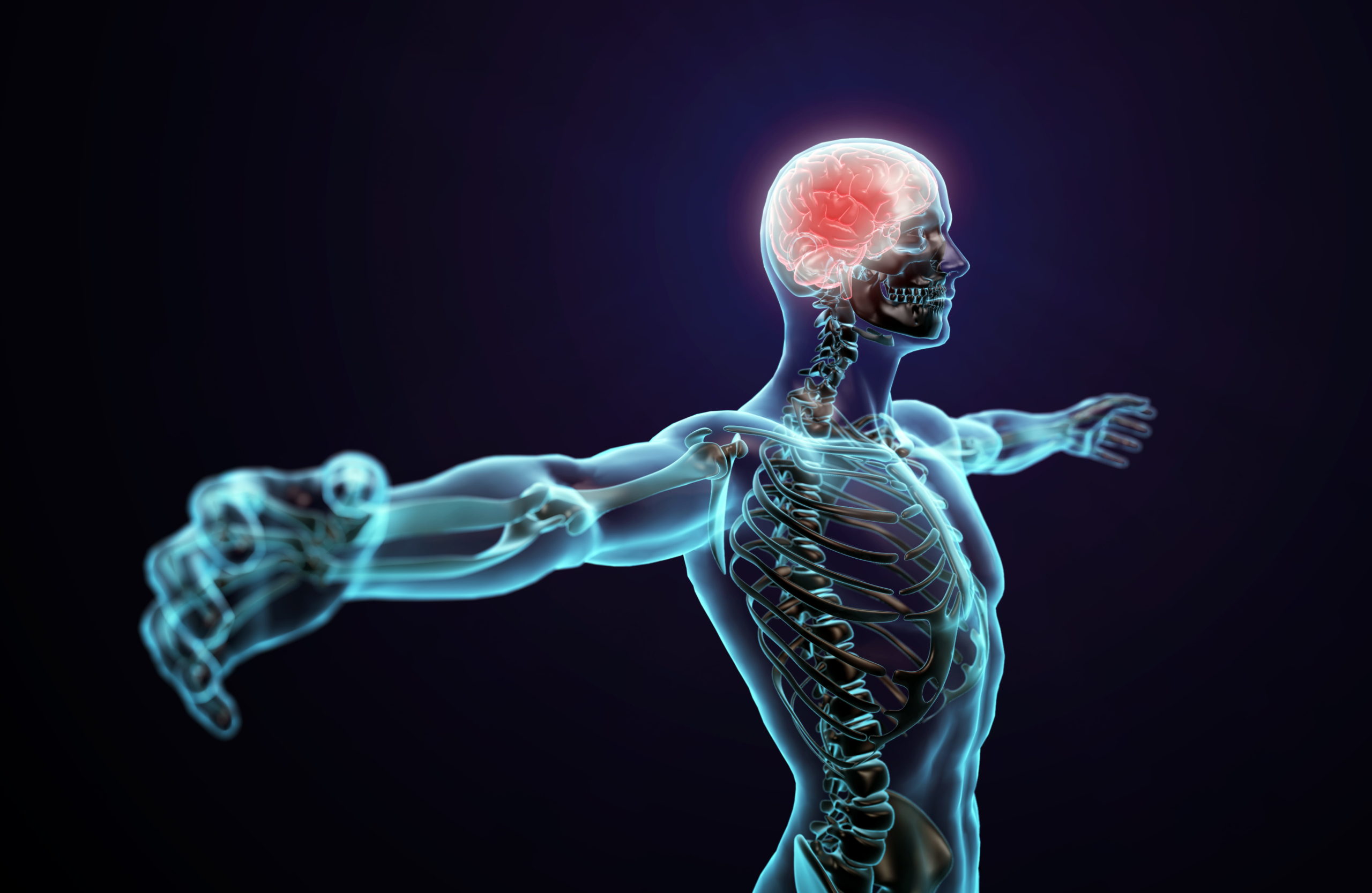For thousands of centuries, humans lived near the ocean, wandered right up to its edge, and turned back to the relative safety of the known land. Even when we invented ships and the very bravest among us sailed out, our fears and imaginations took over. What creatures could be living in the unknowable darkness, the bottomless depths? Giant worms, microorganisms that eat metal, faceless fish, giant sea spiders? Marine life is even more otherworldly and fantastical than we ever imagined, and Life in the World’s Oceans brings you face to face with these exciting creatures. From the phytoplankton that can only float at the whim of wind and currents to the gray whale that migrates 16,000 kilometers each year, you will be amazed at the variety of life in the seas and what we have only recently learned about its biology, evolution, life cycles, and adaptations.
